Description
In this book, Mohammed Arkoun calls for a deconstructive methodology to be applied to explore the various levels of heritage and to divert its fundamental problems from their familiar, traditional path. He analyzes the Islamic intellectual system, how it emerged, took shape, and functioned throughout history over the centuries. He then demonstrates that it continues to prevent the opening of historical archives and the radical renewal of thought in the Arab-Islamic sphere.
Arkoun believes that this Islamic intellectual system, with its principles, definitive formulations, and axioms, constitutes a kind of veil that prevents seeing things as they actually occurred throughout the first four centuries of the Islamic calendar. He believes that the control of the collective imagination over large segments of the population constitutes a powerful force that is difficult to penetrate. It imposes a kind of “sociological truth” that prevents the emergence of true truths: that is, historical, scientific, or philosophical. Arkoun then resorts, in several places in his book, to enumerating the axioms that organize and control Islamic belief. It is understood from this that the condition for Arab-Islamic thought to open up to modern rationalism, according to Arkoun, cannot be effectively, permanently, and successfully achieved without deconstructing the concepts of dogmatism and orthodoxy specific to his own heritage.
Arkoun’s goal behind this approach is to move beyond the stage of rigid orthodoxy, whether ideological or theological, to slightly expand the circle of what is thought about or permitted to be thought about within the framework of the Arabic language and the Arab sphere. Only then will it be possible to shoulder the responsibility of both heritage and modernity, and thus pose the question of authenticity and modernity in a new and different way.

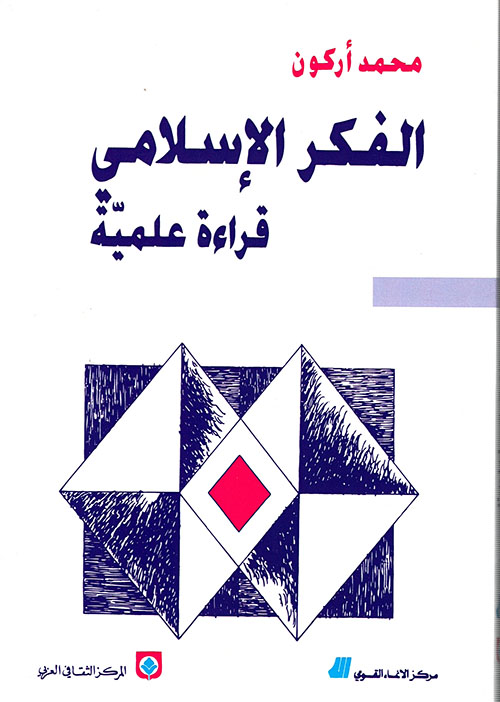
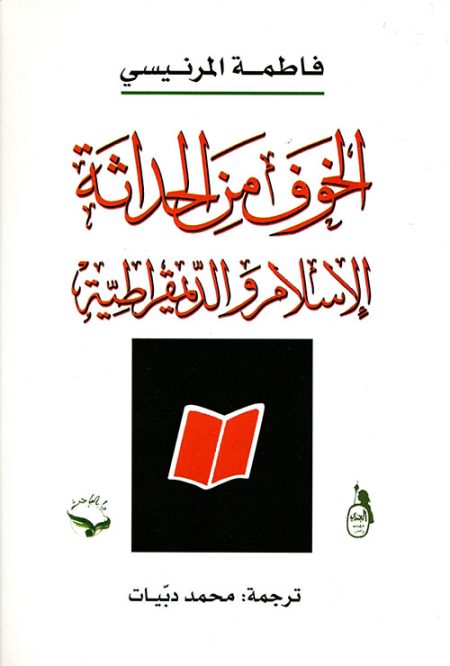
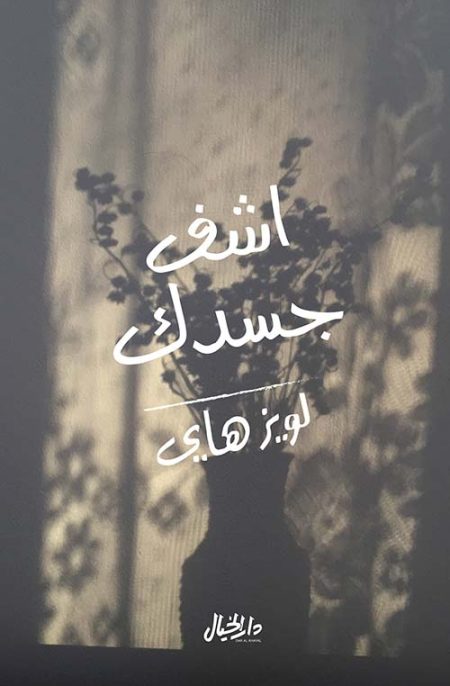
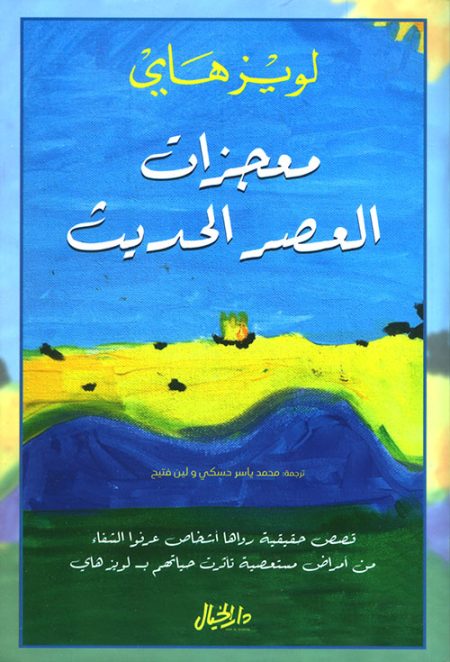
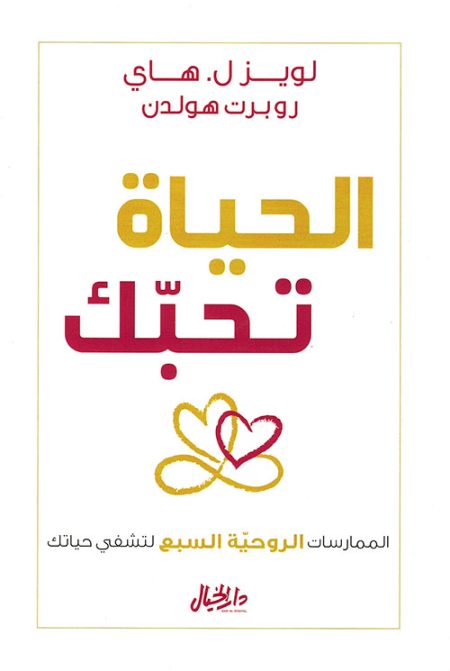
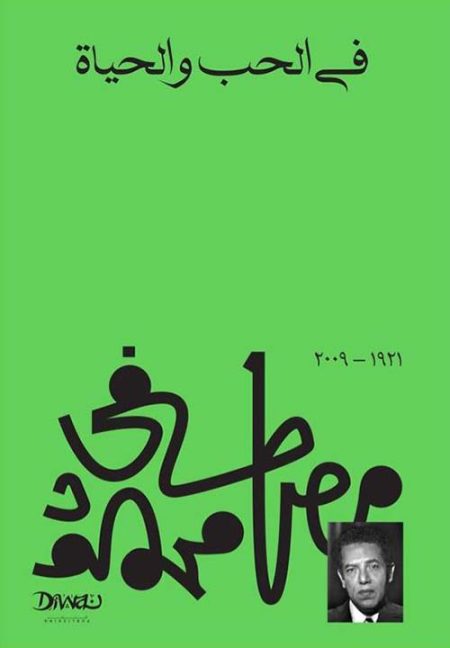
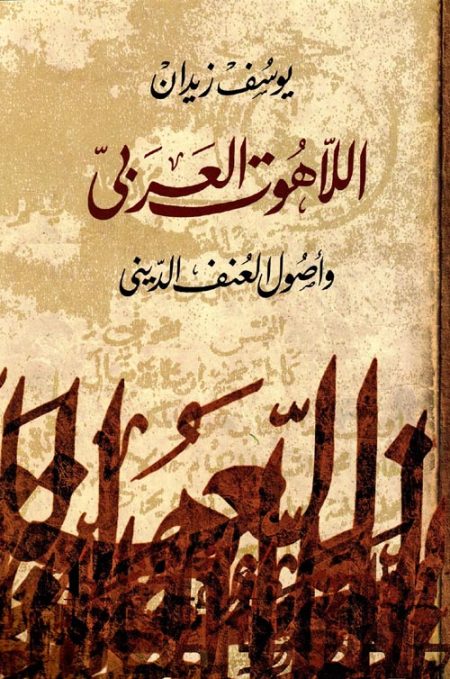
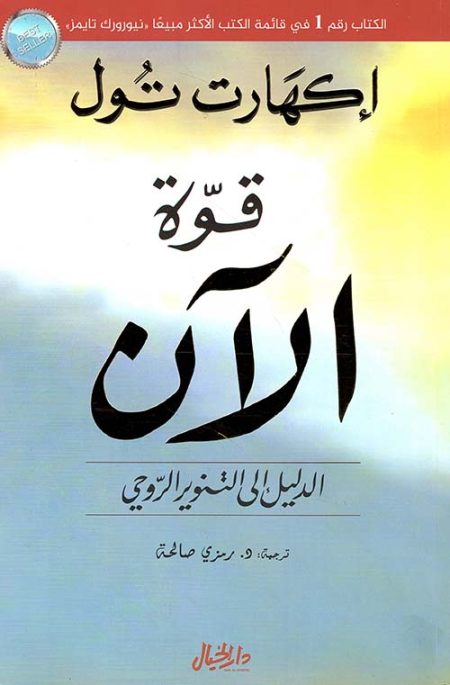
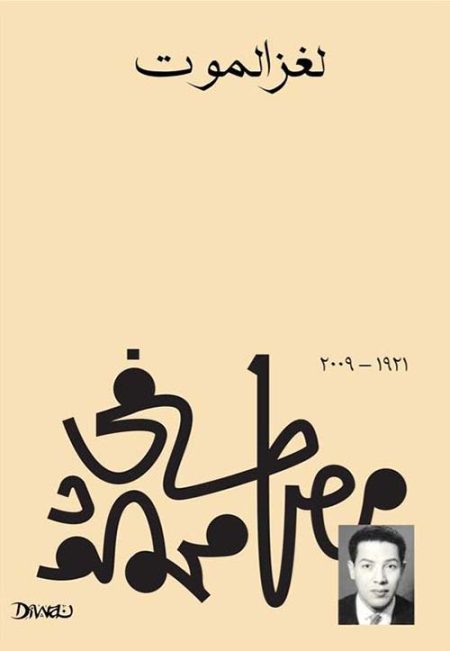

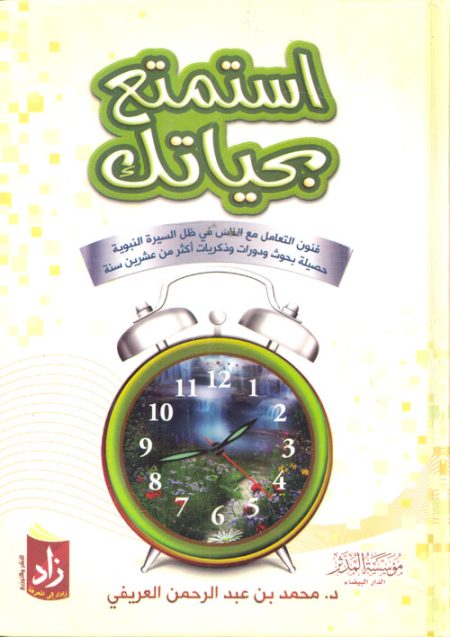



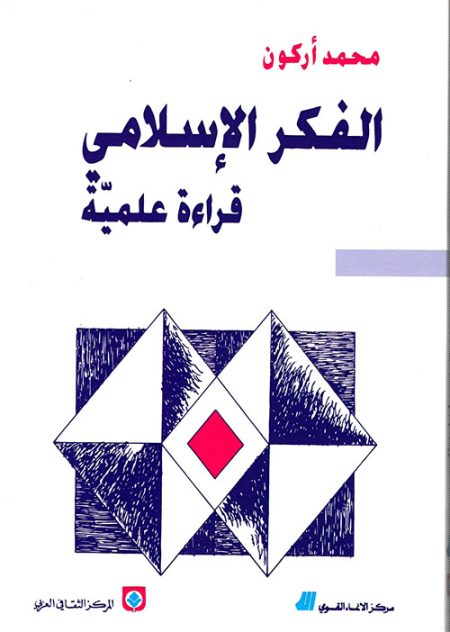
Reviews
There are no reviews yet.